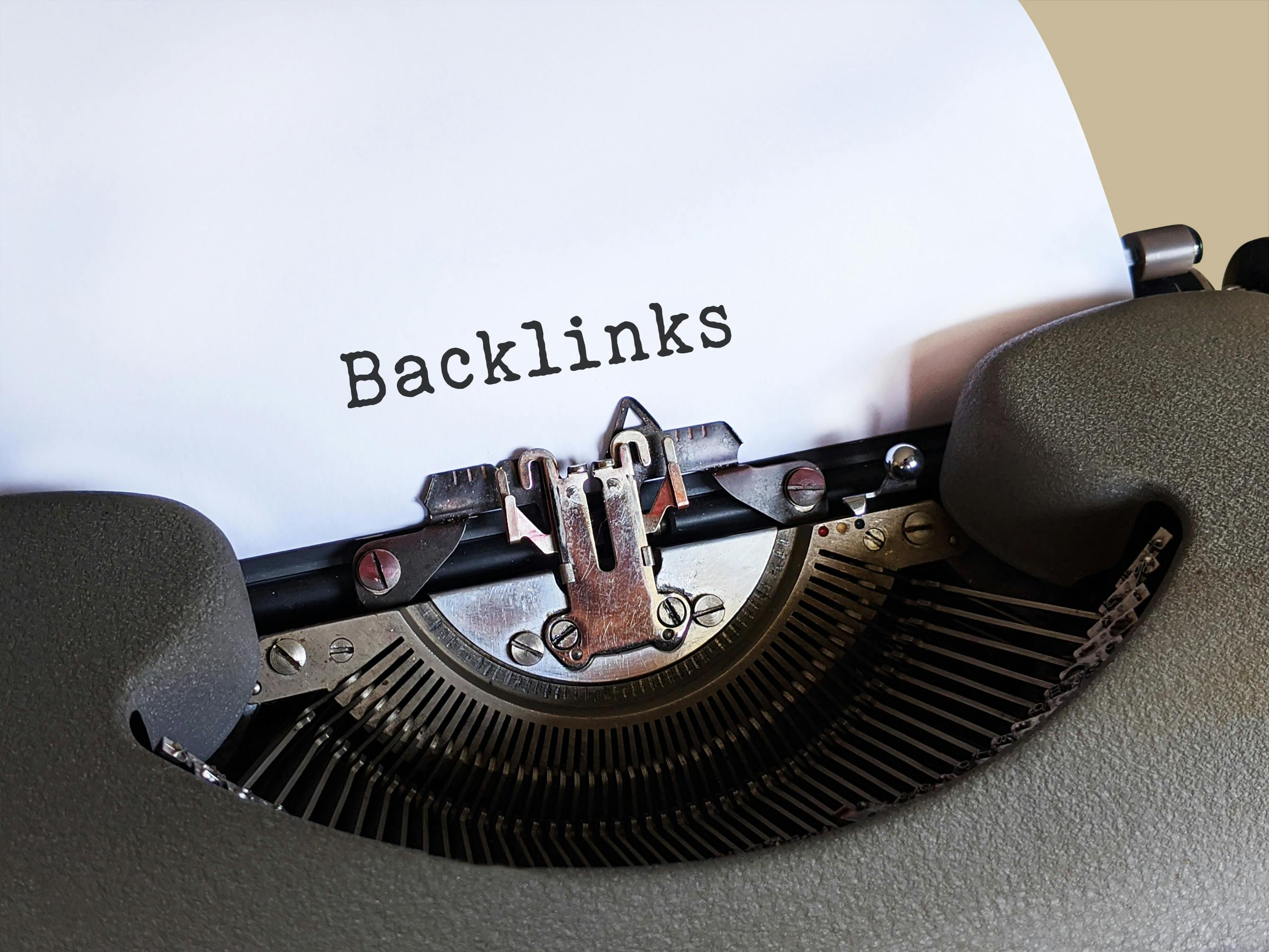 Contextual backlinks for your website could be a wonderful method to boost your search engine rankings. There are certain things you must be aware of before beginning.
Contextual backlinks for your website could be a wonderful method to boost your search engine rankings. There are certain things you must be aware of before beginning.
It can take time and effort to get contextual links. But, it’s worthwhile in the long run. It can bring significant benefits, such as better keyword rankings and higher number of referrals.
Are contextual backlinks a good Idea?
Contextual backlinks are an important part of search engine optimization (SEO). These backlinks can assist you to improve your ranking in the SERPs of Google, and boost your organic traffic.
Guest blogging is one of the most effective ways for contextual links to be built. Guest blogging is a fantastic method of gaining contextual hyperlinks. But, it’s crucial that you make sure the website you are guest posting on is relevant for your company and industry.
Link building programs that are reciprocal in nature are another method to build contextual links. They can be accomplished via email or social media.
It is important to search for websites with high-authority domains and a large user base. They are more likely to be able to provide links or include your business’ name in their articles.
Google makes use of contextual backlinks to determine one of its 200+ ranking signals to determine the rank of your website. Google uses these links to better understand your site by looking at the context and contents of all pages that link to it.
What are contextual connections?
Contextual links are backlinks which help improve the search engine ranking of your site. These links are more important than conventional backlinks as they’re more pertinent to a particular site or topic.
Google believes that contextual links provide confirmation that your website deserves a higher ranking. They are a source of credibility for both the link that is used as the source and the site linked to.
Websites that are natural and of high-quality provide the most relevant links. They should be integrated into the context of content that is logical and relevant to your particular domain, niche, and the business.
Incorporating more contextual links on your site is an effective way to increase traffic to your site and increase search engine ranking. It can also aid in establishing your brand’s authority within your industry.
2.0 Contextual Link Backlinks for Web 2.0 Contextual Link Backlinks
Web 2.0 contextual backlinks refer to hyperlinks that are embedded in the text of a piece. They are very useful as they enable search engines to determine the context of a piece and place it in the appropriate order.
They are a great method to create quality backlinks. However, they should be done correctly. If you employ these strategies excessively, it may cause you to fall prey to link-building strategies that are black-hat that can hurt your SEO efforts.
It is essential to build quality links, not only a few from Web 2.0 platforms. Google will not penalize you for using white-hat methods to create these links.
How do you find links that are contextual
Contextual links are the most beneficial types of external links available to search engines. These links come directly from trusted sources and are relevant to the information they are pointing to.
The development of relationships with domains with high authority is essential to getting relevant links. You can accomplish this by guest posts, requests for interviews as well as other link-building strategies.
These strategies can be used to build a community that has high-quality content, which then links to your site. This will allow you to rank higher in search results and boost your website’s traffic.
Internal hyperlinks are a great way to make contextual hyperlinks. These are hyperlinks on your site that direct visitors to websites that provide relevant and relevant information. This keeps your users engaged with your content and encourages them to stay longer on your website, which is better for your SEO.

